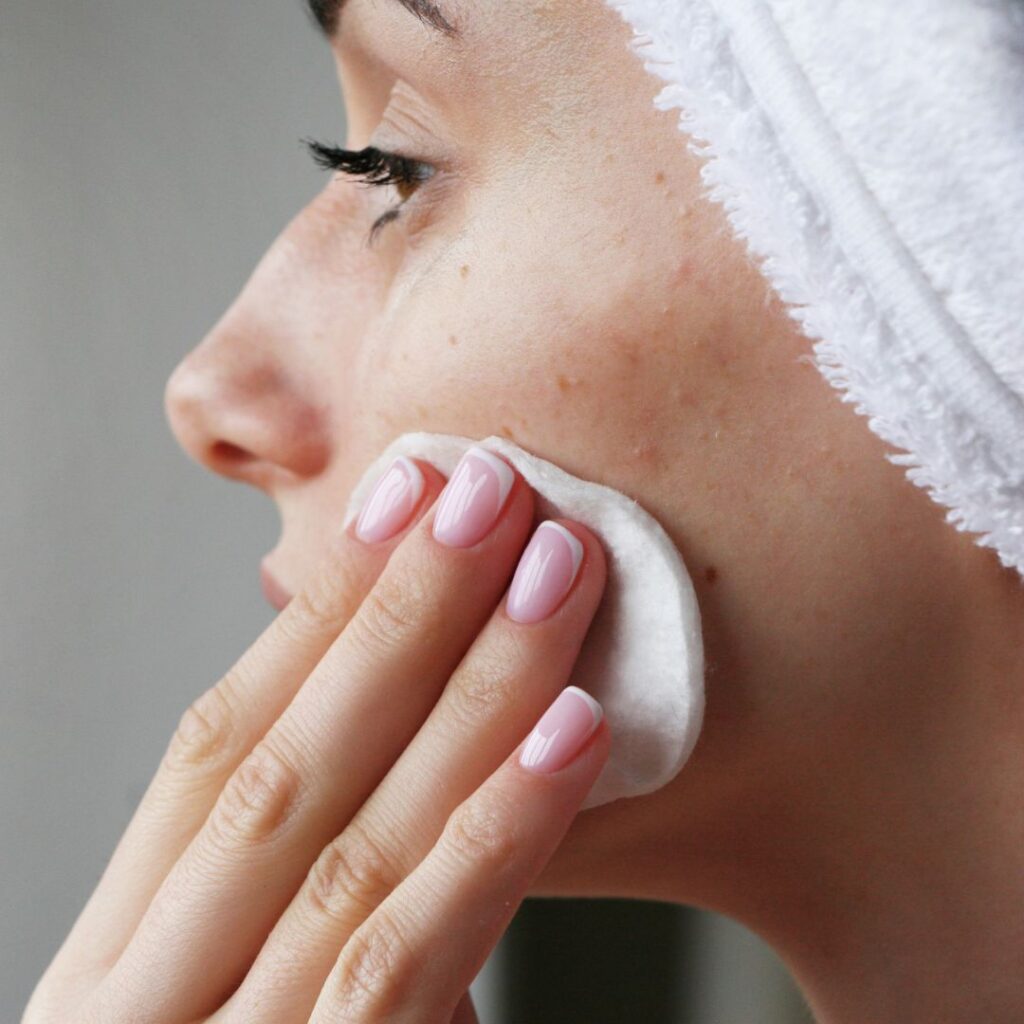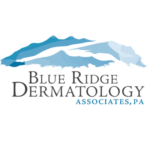Acne
Acne is a common skin condition that affects millions of people worldwide, characterized by pimples, blackheads, and whiteheads that can cause discomfort and self-consciousness.
We Treat Acne in Teens Adults Men Women
Acne in the US
In the United States, acne is considered the most common skin condition. Although this is the case, at times it is difficult to find reliable information on the topic. This is due to varying opinions on what acne is and how it should best be treated. Today, a growing number of adults, specifically women, are experiencing acne well into their 30s, 40s, 50s, and beyond. For this reason, if you find yourself suffering from acne, no matter your age, it is recommended to be seen by a dermatologist.
Acne by the Numbers
Affects more than
Affects almost
Affects approximately
Affects up to
Board-Certified Providers
All Our Providers are Board-Certified and State-Licensed Medical Professionals.
Unmatched Expertise
Our Providers Have Years of Experience Diagnosing and Treating Skin Conditions.
Comprehensive Care
We Provide Medical Dermatology, Cosmetic Dermatology, and Aesthetic Services.
Qualified
Staff
Our Staff Is Ready to Help You and Your Family With All of Your Dermatological Needs.
Expert Dermatology Care for the Entire Family
The Cause of Acne

Acne can affect a person of any age, from newborn well into adulthood, although you most commonly hear of acne affecting teens and young adults. Acne is caused by a clogged skin pore. When your body sheds dead skin, the dead skin usually rises to the surface of the pore and is shed. However, when your body produces an overabundance of sebum, an oil, it can cause the dead skin cells to stick together and remain in the pore. This causes the pore to become clogged, resulting in acne.
At times, bacteria from your skin can also make their way into the clogged pore. Bacteria find favorable conditions inside the pore and begin to multiply, causing the pore to become irritated (appearing red and inflamed). If the bacteria makes its way deep enough under the skin, a nodule or acne cyst can appear.
Signs You May Be Suffering From Acne
Although most often people consider acne to be on the face, it can also appear on the back, chest, shoulders, neck, upper arms, and buttocks. If you are experiencing any of the symptoms below, you may be dealing with acne. Acne can appear in a variety of methods, such as:
- Cysts
- Whiteheads
- Papules
- Pimples (also known as pustules)
- Blackheads
- Nodules
Tips for Combating Acne
If you are experiencing acne, below are a few useful tips:
- Wash your face frequently using your fingertips (twice and day and after sweating)
- Opt for gentle products
- Avoid water that is too hot (lukewarm water is ideal for cleansing)
- Shampoo hair on a regular basis
- Avoid the temptation to pop pimples or squeeze acne (keep your hands off your face!)

Expert Dermatology Care for the Entire Family

Why Acne Sufferers Should Seek Treatment
If you suffer from acne, it is wise to seek medical advice from a dermatologist. If left untreated, the following may occur:
- Dark spots may permanently remain on the skin
- Scars can be left from acne after it clears
- Low self-esteem and self-image
- Depression as a result of low self-esteem
- With many effective treatments available today, treating acne can not only help to clear skin but can also help to boost confidence and self-esteem.
How is Acne Treated?
Although there are numerous types of over-the-counter acne treatments on the market, at times, a dermatologist is needed to help clear up hard-to-beat acne. Your dermatologist will determine the best treatment method for your type of acne. Types of acne treatment include:
- Topical treatments applied directly to the skin
- Oral treatments such as antibiotics
- Procedures such as lasers, chemical peels, and acne removal
Contact Blue Ridge Dermatology Today
If you are suffering from acne, contact Blue Ridge Dermatology today to schedule an appointment with one of our acne specialists. Our team will work to clear your acne and prevent acne breakouts in the future, as well as minimize the long-term effects of acne on your skin.
Subscribe To Our Newsletter
Stay in touch with us to get latest news and special offers.
Raleigh
4225 Macon Pond Rd, Suite 300, Raleigh, NC 27607
Cary
1110 SE Cary Pkwy, Suite 100, Cary, NC 27518


